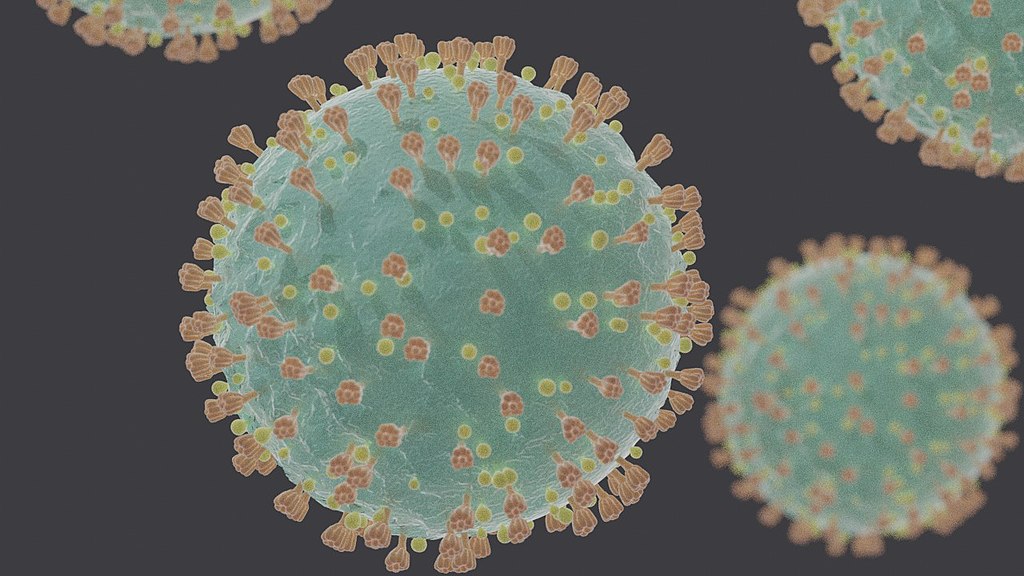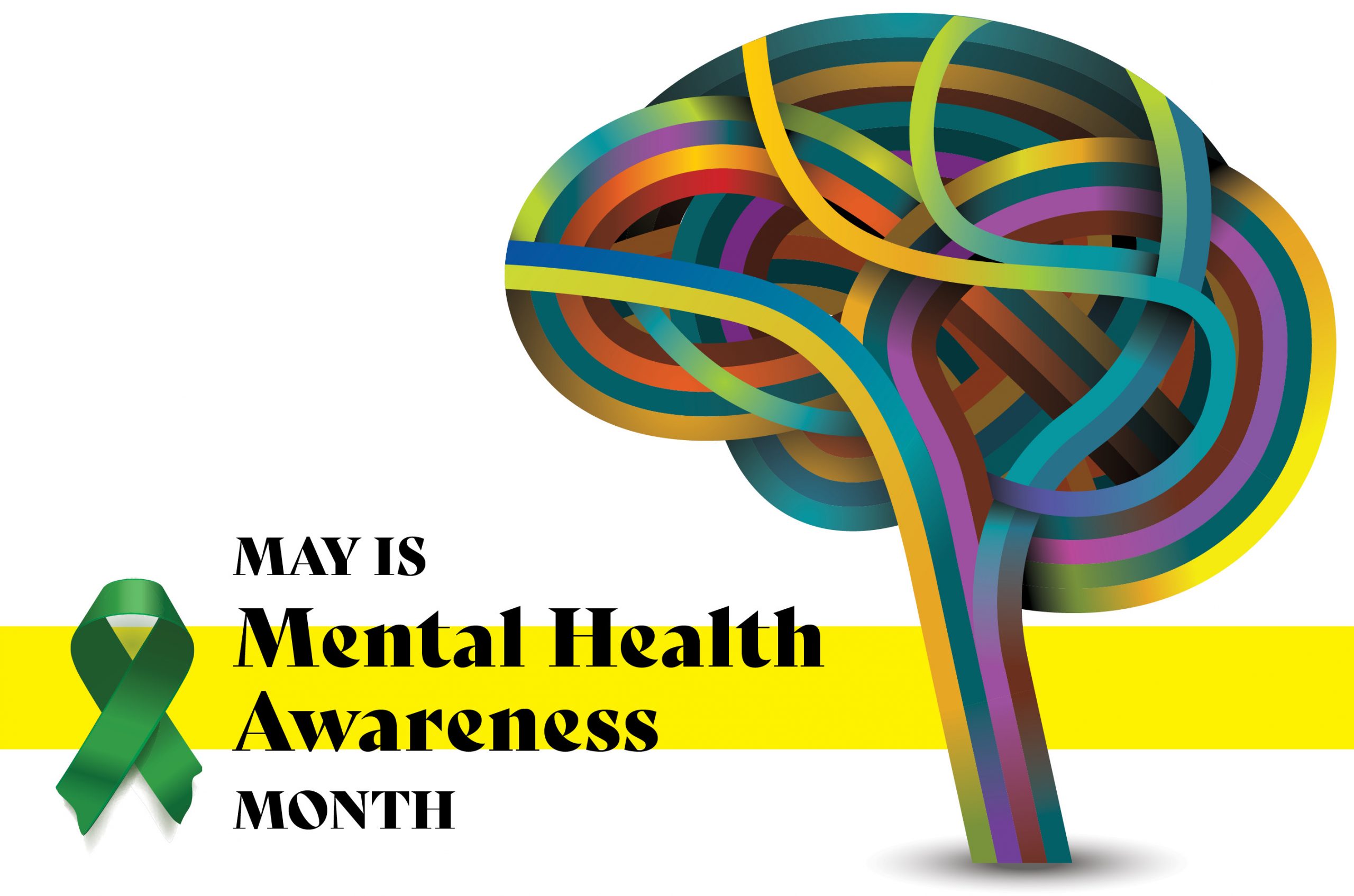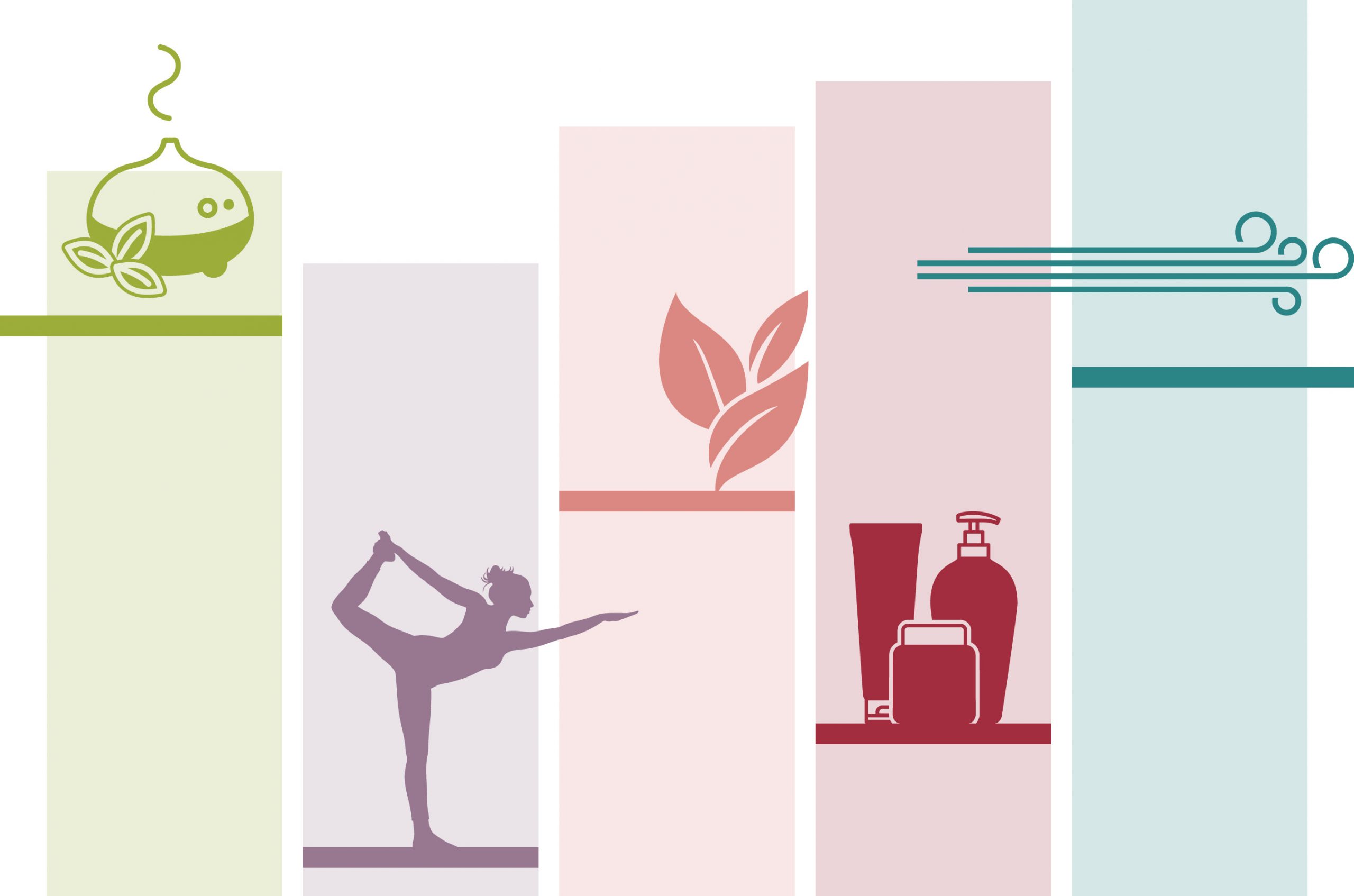It’s easy to forget how deeply connected our bodies and minds are, especially when it comes to the effects of stress. When you’re dealing with mental strain, it can take a serious toll on your physical health, and vice versa. In times like these that may make us feel helpless or out of control, it’s a good idea to get proactive with good mental habits to restore focus and balance.
“The COVID-19 outbreak is an unusually stressful situation, and it’s especially difficult because the information we hear is changing every day,” says Leslie Wiss, director of trauma-informed services at the mental health nonprofit Great Circle. “We have to take some of the pressure off of ourselves in terms of work and home-school expectations. This is also a good time to go back to the basics in terms of behavior and routine. While you’re at home, maintain a normal sleep-wake cycle and be consistent about when you do things like eating and getting dressed. For good mental health, it’s important to keep to a rhythm, do the usual things and take a break when your energy level gets low. You can’t pour from an empty cup.”
Wiss adds that stress can cause a rise in conflict and domestic violence and other lingering effects, so it’s important to prevent problems from spiraling out of control. “Mental health concerns can surface months, years or even generations after a stressful event,” she notes. “Recognize that things may look calm before a storm and take action before the situation escalates, whether it’s for yourself or a family member.”
It can be tough to think positively in stressful times, so try adding some new habits to help improve your mood, says Kanisha Chavers, a case manager with Provident, another mental health nonprofit. “It’s beneficial to keep a ‘gratitude journal’ that you can look back on once the situation passes,” she says. “Write down your thoughts about good things like the opportunity to talk more and reconnect with family members. Lift your spirits with a video call between friends, or go back to an old hobby as a stress reliever, then write down your reflections about these things. If you enjoy activities like cooking, it’s a great time to get the kids involved and teach them what you know. You’ve got a captive audience, and they’ll love getting to eat what they helped make.”
Most of all, it’s crucial to give yourself a break. Don’t expect things to run smoothly all of the time, and don’t hesitate to contact a mental health professional if you’re having problems, Chavers adds. “We’re in an unprecedented time, but there are lots of resources that can help,” she says.
Tips for tackling stress:
- Limit your viewing of TV and online news, especially in the evening before bed. Overexposure can lead to anxiety, especially for young children.
- Practice deep breathing, mindfulness and meditation exercises.
- Give yourself a massage when you’re feeling tense. Cross your arms over your chest and rub your shoulders and upper arms, or use your fingers to massage your temples.
- Stay physically active. Many companies like Gold’s Gym, Orangetheory and Peloton are offering free online workout advice.
- Remember that good things can arise from difficult situations. Look for ways you can be of help to others.
- Stay in touch with your mental health provider. Telehealth and phone sessions are usually available.
- If you’re already dealing with depression, consider joining a social support network like Feeling Kinda Blue (feelingkindablue.org).
For more information about available mental health services, visit greatcircle.org and providentstl.org.








